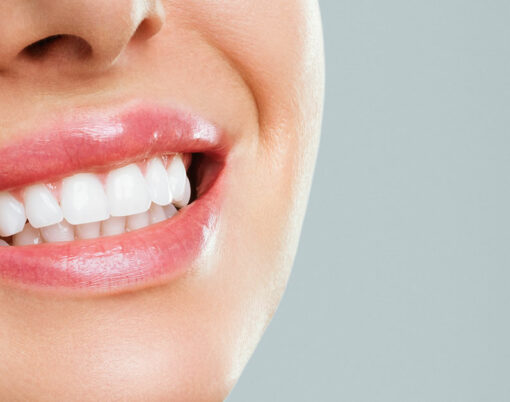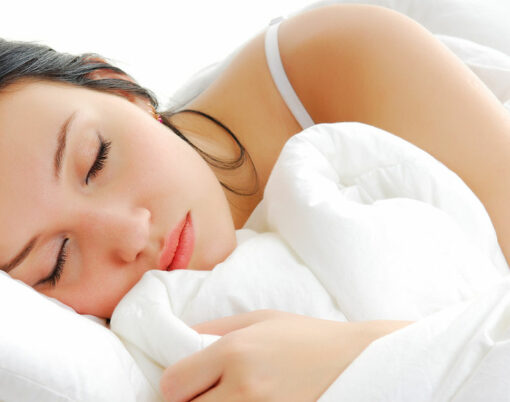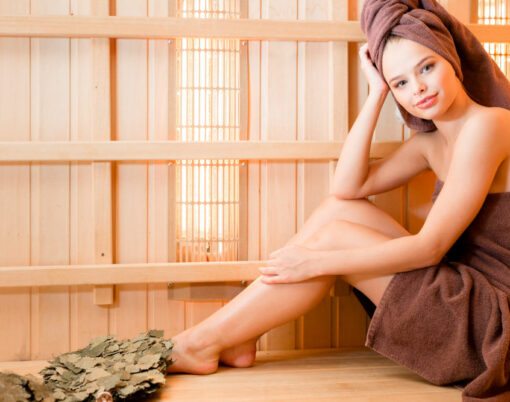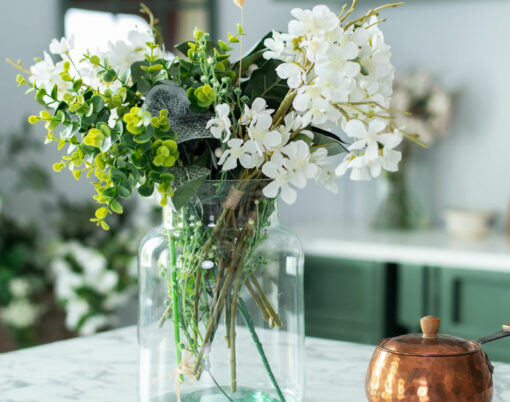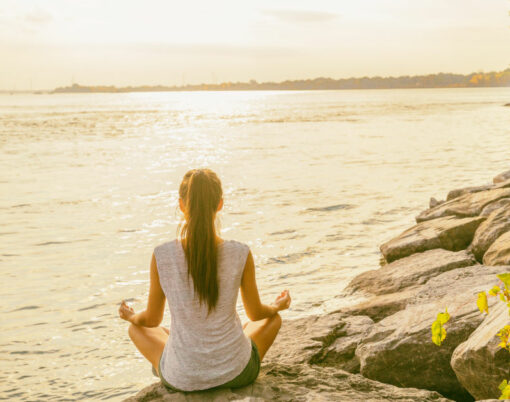If you feel like you’re running on empty this winter, you’re not alone. Seasonal affective disorder (SAD), which is characterised by persistent low mood, lack of energy and increased anxiety affects around two million people in the UK each year, plus a further 12 million across northern Europe – and is brought on by the decreased exposure to sunlight and shorter days that are typical of this time of year.
Whilst the exact cause of SAD still isn’t fully understood, it’s thought that spending more time indoors, coupled with generally darker and duller weather, prevents a part of the brain known as the hypothalamus from functioning as efficiently – thus slowing the body’s production of ‘happy’ hormone serotonin and sparking those winter blues we know so well.
Add to that the fact that an increased production of melatonin, the hormone that makes you feel sleepy, due to the shorter days, and disruptions to our natural circadian rhythm – which tells us when to wake and sleep – are seemingly inevitable. So, if you’ve been finding yourself feeling tired, sluggish and seriously considering taking an afternoon nap under your desk most days recently, then now you know why.
Whilst it might be tempting to book some last minute flights and escape to somewhere hot and sunny until spring finally arrives, it isn’t always an option – but the good news is that there are simple ways you can minimise your SAD symptoms without leaving the country. From self care to SAD lamps, here, we take a look at some you can implement now.
Get quality sleep
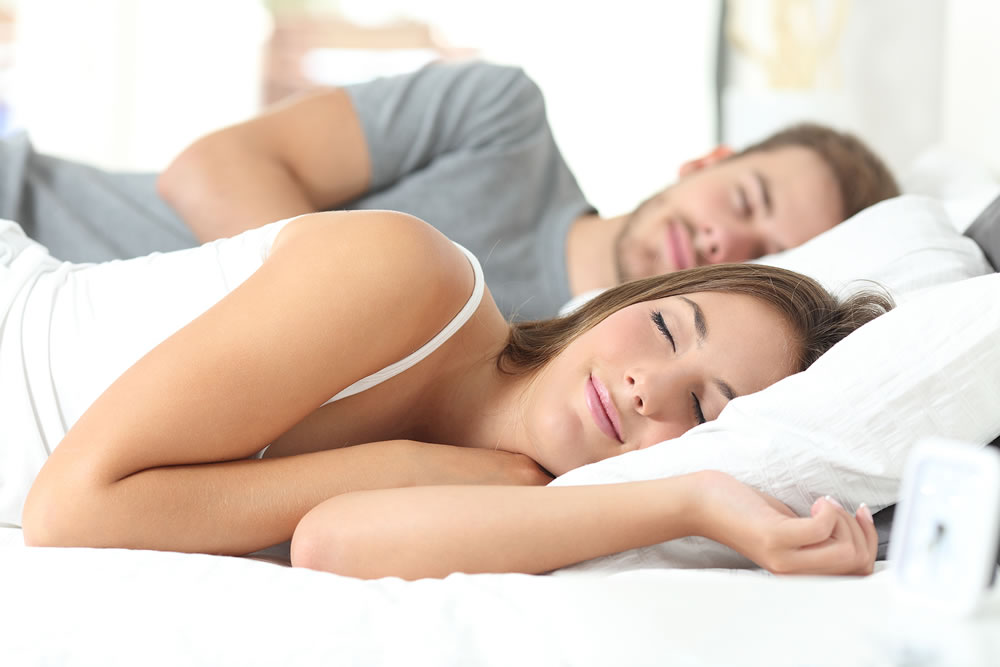
It might seem like an obvious one, but one of the most important things you can be doing for yourself at this time of year to help cope with SAD symptoms is ensure you’re regularly getting a good night’s sleep.
Whilst it can be tempting to keep scrolling on your smartphone right up until lights out, the blue light emitted by electronic devices like these is known to disrupt the body’s circadian rhythm – so if you’re wondering why you lie awake each night, struggling to drop off, then unplugging for an hour before bedtime is the best place to start. Try reading a book instead, and you’ll be surprised at the difference it makes.
Ensuring your sleep set-up is top quality also essential, so if you regularly wake up with back or neck ache then it might be time to invest in a new mattress and pillows. If you’re unsure whether you need a firmer or softer surface to sleep on then try an adjustable firmness mattress so that you can change it up accordingly and find what’s right for you.
Spend time outside – and invest in a SAD lamp
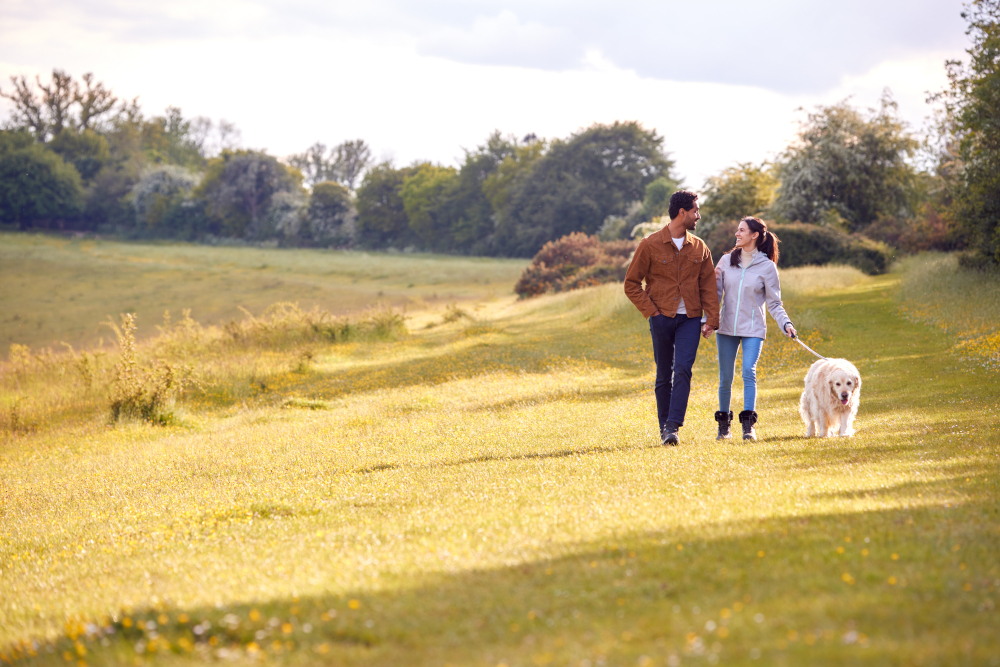
One of the best ways to regulate your circadian rhythm and thus, your energy levels, is to spend more time outdoors. Try to get out for a 10-minute stroll each morning on the days where the weather is on your side, and you’re guaranteed to feel a little bit perkier throughout the day. And getting out for a walk again at lunchtime and heading out into nature at the weekends for an extended period of time can make the world of difference, too.
Of course, wind, rain and stormy weather can all make it tricky to get out there at times, so investing in a SAD lamp is a great way to boost your exposure to white light. Granted, it’s not quite the same as being out in the sunshine, but SAD lamps work by simulating it, encouraging your brain to reduce its production of melatonin and get on with creating the extra serotonin we need. The result? Better energy levels and a better mood, too. Sit in front of yours for 30 minutes each morning and allow it to work its magic.
Take regular exercise

With our energy levels at an all-time low during the winter, the last thing you likely want to do is head out for a run or book yourself in for a body pump class – but keeping yourself moving is one of the most important things you can do when it comes to boosting your energy levels and mood.
If you can’t manage anything too strenuous, then a gentle stroll (ideally outside) or yoga class can be enough to get those endorphins flowing and leave you feeling a little brighter. If possible, arrange to exercise with friends or meet them for a coffee and a catch-up afterwards, as while it can be tempting to hide away and hibernate at this time of year, staying connected to those close to you is uplifting and will do you the world of good.













